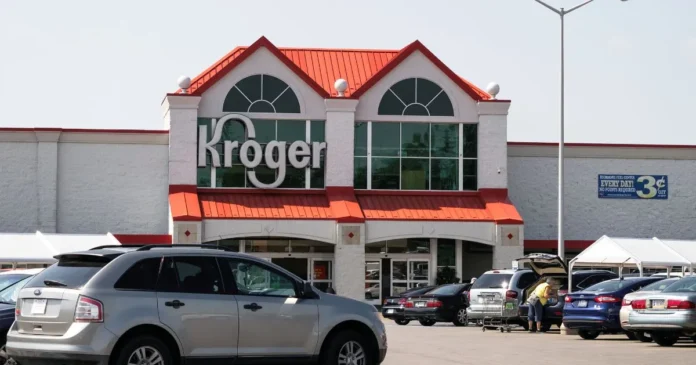Fighting Kroger-Albertsons Merger
FTC Challenges Kroger-Albertsons Merger! In the first legal action of its kind, the Federal Trade Commission and a group of state attorneys general filed a lawsuit to stop the merger of grocery chains Kroger and Albertson If that happens, this $24.6bn deal will be the largest in American supermarket history; but officials say it may not be good for competition, which might lead to increased prices for consumers, wage bargaining power over grocery workers and working conditions.
Kroger-Albertsons Merger
Henry Liu from FTC’s Bureau of Competition expressed fear suggesting that timing itself is a problem especially in regard to growing prices of food over recent years He cautioned that everyday consumer goods could become more expensive after the merger, thereby straining budgets already under pressure from economic exhaustion.
The Administration on Mergers
This litigation is part of Biden’s wider drive against mergers where it has been contesting several significant deals across different industries. Even so, in some high-profile cases ,the agency has been unable to prevent consolidation.
In defense of this union, Kroger argues that blocking it would actually increase costs at the expense of less supermarkets mainly targeting areas already grappling with inflated prices and limited shopping choices. This was reiterated by Albertsons who claim that stopping this process will accidentally help their bigger competitors like Amazon and Walmart in enhancing their market dominance.
Industry Consumer Impact
To counterbalance big-box retailers whose scale enables them offer discounted rates quite often, both Kroger and Albertsons are preparing to present their merger in a courtroom.
However, critics do oppose such an agreement. They worry about its ability to create a grocery store colossus having more than 200 billion dollars sales revenues across roughly 5k stores countrywide resulting into reduced opposition possibly leading to better expenses and activity cuts. Furthermore, they argue that it can lower quality standards as seen through competition amongst stores.
The FTC feels that Kroger and Albertsons’ proposed divestiture plan, intended to address monopoly concerns by selling off 413 outlets, is inadequate since it will not establish a healthy competitive force opposing the merged entity.
This ongoing war highlights one of the most significant questions about balancing the need for large business mergers while upholding a competitive market that benefits both consumers and employees.


